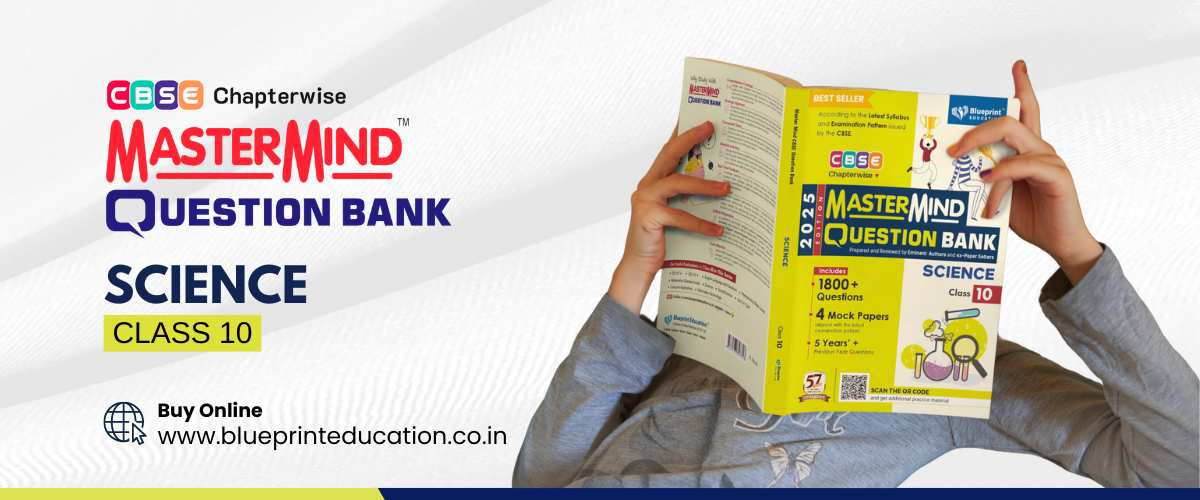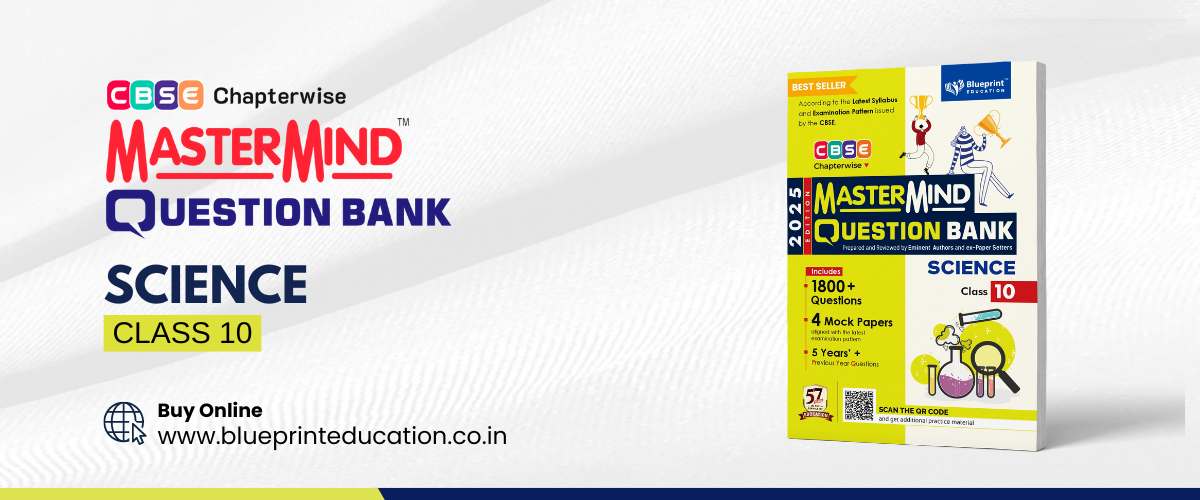
Balancing study hours in the Class 10th is a topic of considerable debate among students, parents, and educators. The CBSE Board Class 10 is a crucial year in a student’s academic journey as it sets the foundation for future studies and career choices. Given the importance of this year, it’s essential to adopt an effective study routine that maximizes learning without leading to burnout. In this comprehensive guide, we’ll explore how many hours a 10th grader should ideally study and provide practical tips for creating a balanced study schedule.
Understanding Individual Learning Styles
Before diving into specific study hours, it’s important to acknowledge that every student has a unique learning style. Some students grasp concepts quickly and require less study time, while others may need more time to understand the same material. Therefore, the ideal study routine should be personalized to fit individual needs.
General Guidelines for Study Hours
While the exact number of study hours can vary, a general guideline for 10th graders is to study for 3-4 hours each day outside of school hours. This ensures that students are consistently engaged with their studies without overwhelming themselves. Here’s a breakdown of how to effectively allocate these hours:
1. Daily Revision (1-2 Hours)
Daily revision is crucial for reinforcing what was learned in school. Spending 1-2 hours each day revising class notes, textbooks, and any assigned homework helps solidify the day’s lessons. This practice prevents last-minute cramming before exams and ensures steady progress throughout the year.
2. Focus on Challenging Subjects (1-2 Hours)
Identify the subjects or topics that you find most challenging and dedicate additional time to them. For instance, if Mathematics or Science concepts are difficult, allocate 1-2 hours daily to practice problems, review theories, and seek help when needed. Consistently working on weaker areas builds confidence and competence over time.
3. Balanced Study Sessions
Maintaining focus during study sessions is crucial for effective learning. The Pomodoro technique, which involves studying for 25 minutes followed by a 5-minute break, is a popular method to enhance concentration. After four Pomodoros, take a longer break of 15-20 minutes. This approach prevents mental fatigue and keeps you motivated.
4. Weekend Study Plan
Weekends provide an excellent opportunity for more extensive study sessions. Use this time to review the week’s lessons, catch up on any missed work, and prepare for upcoming topics. A well-structured weekend study plan might include 3-4 hours of study with ample breaks to ensure thorough understanding and retention.
Creating a Study Schedule
An effective study schedule is a cornerstone of academic success. Here’s a step-by-step guide to creating a personalized study plan:
Step 1: Identify Priorities
List all the subjects and topics you need to cover. Identify the areas where you need more practice and those you’re comfortable with.
Step 2: Allocate Time Slots
Divide your study hours into manageable slots. For example, if you have 4 hours to study, you might allocate 1 hour for revision, 1.5 hours for Mathematics, 1 hour for Science, and 30 minutes for a language subject.
Step 3: Incorporate Breaks
Ensure you include short breaks between study sessions. This keeps your mind fresh and improves retention.
Step 4: Use Study Aids
Utilize study aids such as flashcards, mind maps, and summary notes. These tools help in quick revision and better understanding of complex topics.
Step 5: Review and Adjust
Regularly review your study schedule and make adjustments as needed. If you find certain subjects taking more time than anticipated, reallocate your study hours accordingly.
Leveraging Quality Study Resources
Using high-quality study materials can significantly enhance your preparation. One such resource is the Mastermind CBSE Question Bank 2025 for Class 10. Here’s how it can help:
1. Comprehensive Practice Questions
The Mastermind CBSE Question Bank offers a wide range of practice questions covering all important topics. Practicing these questions helps in understanding the type and pattern of questions asked in exams.
2. Detailed Solutions
The question bank provides detailed solutions and explanations for each question. This helps in clarifying doubts and understanding the step-by-step approach to solving problems.
3. Aligned with CBSE Syllabus
The content in the Mastermind CBSE Question Bank is aligned with the latest CBSE syllabus. This ensures that you are studying relevant material and are well-prepared for the board exams.
4. Model Test Papers
The question bank includes model test papers that simulate the actual exam environment. Solving these papers under timed conditions helps in improving time management and exam-taking skills.
5. Revision Notes
The book offers concise revision notes for quick reference. These notes are handy during the last-minute revision before exams.
Conclusion
Balancing study hours in the 10th grade is a dynamic process that requires careful planning and flexibility. By dedicating 3-4 hours each day to focused study, incorporating breaks, and using quality resources like the Mastermind CBSE Question Bank 2025 for Class 10, students can navigate this crucial year effectively. Remember, consistency and a positive mindset are key to academic success. Tailor your study routine to fit your unique learning style, and you’ll be well on your way to achieving your academic goals.



















